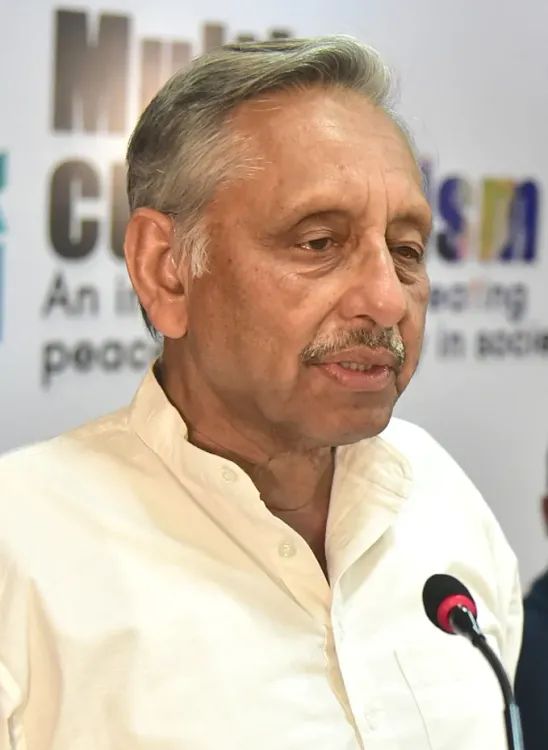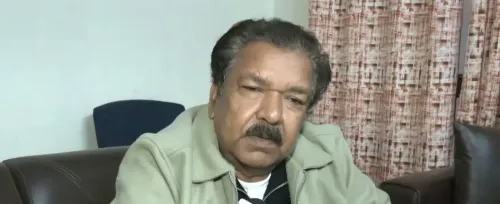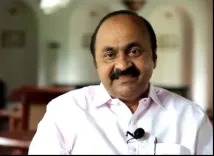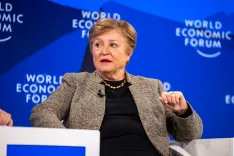Does India's Foreign Policy Since 2014 Lack Direction?

Synopsis
Key Takeaways
- India's foreign policy lacks coherence.
- Diplomatic strategy has proven ineffective.
- Need for self-reliance in international relations.
- Support for Israel raises questions.
- Operation Sindoor's impact was minimal.
New Delhi, Aug 2 (NationPress) Senior Congress leader Mani Shankar Aiyar has expressed sharp criticism regarding India's foreign policy since 2014, claiming that the government has exhibited a lack of cohesive diplomatic direction. He argues that the current approach, described as a scattered strategy, has failed to yield significant results.
Aiyar's critique of the Central government's global strategy emphasizes the need for India to project itself as self-reliant rather than overly eager for alliances. He believes that fostering balanced international relationships is advantageous for all parties involved.
“Post-2014, we seem to have made several diplomatic errors — presenting one stance to Pakistan, a different one to China, and yet another approach for Russia, Europe, and the US. Such a disjointed strategy has not led to any meaningful outcomes,” he stated in an interview with IANS.
“It’s crucial to demonstrate to the world that we are independent and not chasing after friendships. Maintaining good relations is beneficial for both nations,” Aiyar remarked.
He further asserted that India's diplomatic efforts are characterized by a lack of knowledge and direction, criticizing the inconsistent approach towards major global powers.
“Having one type of relationship with China while maintaining an opposing one with the US is not a sound foreign policy,” Aiyar added.
Aiyar questioned India's unwavering support for certain countries without considering the broader global implications.
“In light of the ongoing tragedy in Gaza, we have openly supported Israel, America’s closest ally, yet we remain silent on any missteps by America or Israel,” he stated.
Regarding the government’s diplomatic initiative 'Operation Sindoor', which involved several Indian leaders, including Congress MP Shashi Tharoor, visiting various nations to highlight Pakistan's involvement in terrorism, Aiyar claimed the outreach failed to make a meaningful impact.
“Shashi Tharoor and his associates may travel extensively, but apart from Israel, no other country has publicly accused Pakistan of the Pahalgam terror attack. While everyone condemns terrorism, no one is willing to blame Pakistan,” he said.
Aiyar also accused the government of lacking the courage to address misinformation from international powers.
“Trump has repeatedly claimed that the US facilitated the ceasefire agreement between India and Pakistan, yet our government does not challenge this falsehood. They lack the bravery to speak the truth,” he commented.
Highlighting contradictions in the government’s diplomatic stance, Aiyar questioned why dialogue with Pakistan is off the table while talks with China have resumed.
“The Chinese Army collaborated with the Pakistani Air Force during the conflict. If you are willing to engage with China, why not with Pakistan? PM Modi asserts that this is not an era of war. If he believes dialogue and diplomacy are the only paths forward, why do we not engage with Pakistan? Dialogue with China has only recently begun,” he said.
“Our diplomacy lacks both principles and clear objectives. What kind of foreign policy is this?” Aiyar concluded.










